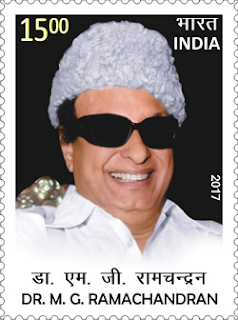Sieves
She sat there by the warming fire that crackled and choked her as it leapt to life and burned the pot black. And she dusted the old sieve off yesterday’s dust with a couple of raps against the floor and dropped it onto a sheet of paper that had better remained unrecalled of its date, for not her, not anyone knew of such a time when it belonged to. She staggered back onto her varicose legs and reached for the old tin box on the shelf. She opened the old tin box of not so fine wheat flour that she had gotten ground a couple of weeks ago. The damned coarser bits remained from what they had eaten over the last few meals. And they simply couldn’t be cooked. And so she sat cross-legged on the cold floor with the tin beside her. And she scoop-measured a cupful of flour and dropped it onto the sieve. Poof! The damned dust choked her and made her cough. She tore off a bit from the many-a-tear, undated or possibly, date-stripped newspaper, and used it to cover a hole big enough to let her whole scoop of flour through; she held it with a finger, as she sieved the rest of the flour until the finer flour fell through. She rapped the sieve a couple of times to make sure that everything fine had fallen. She rapped the sieve another couple of times beside the straw basket that served for a dustbin and the paper and all the unfortunately huge, or rather, lets say different bits of flour, mingled together to make rubbish; rubbished.
The paper that no one had read, said that someone else had a bigger and better sieve; someone had a newer and improved one.
But all sieves had holes.
The paper that no one had read, said that someone else had a bigger and better sieve; someone had a newer and improved one.
But all sieves had holes.

Comments